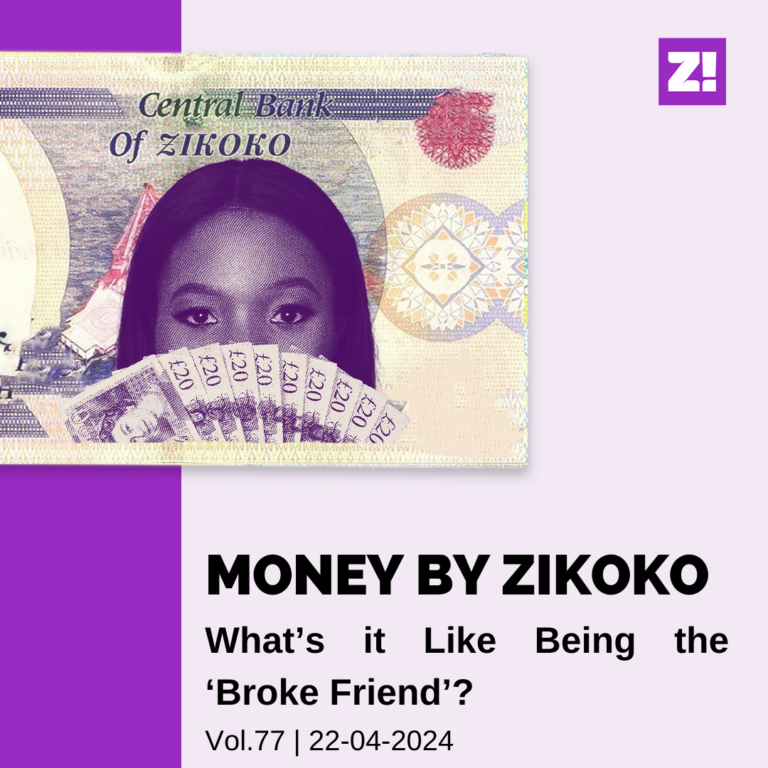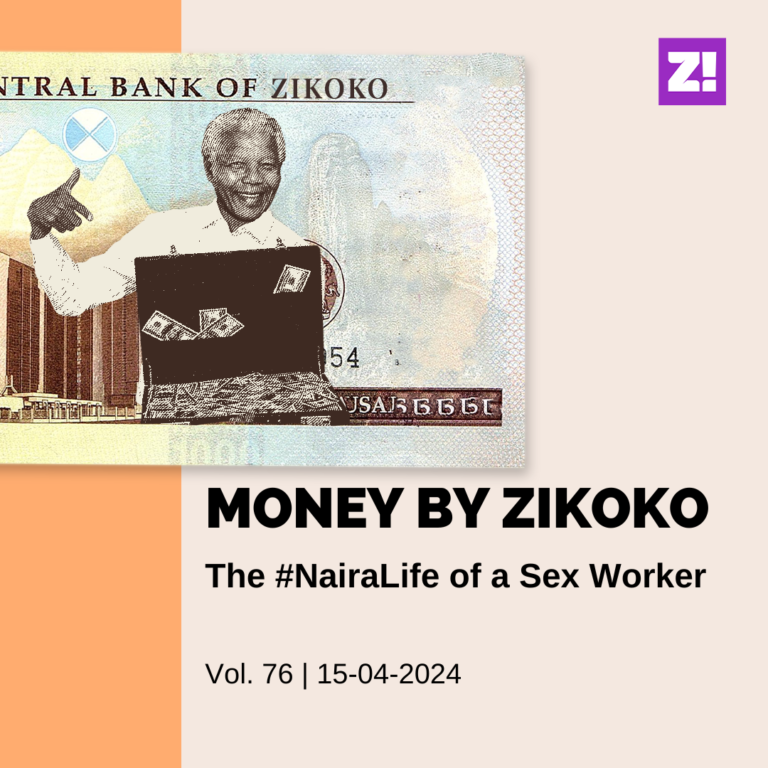About two years ago, Amasa Firdaus, a Unilorin Law graduate who had gone to the Nigerian Law School and passed the bar exams was denied her Call to Bar for refusing to remove her hijab. At the time, this was considered a dress code violation. This is no longer the case.
Everything worked out and she was called to bar seven months after she was first denied. At the recent call to bar ceremony that held in Abuja, a lot of Muslim women were allowed to wear their hijabs under their wigs for the ceremony. This was only because of the effort of Firdaus. We reached out to her and got her to share this story with us.

When did you decide that you wanted to study law?
In junior school. When I got my JSS3 results — I didn’t do well in mathematics — I was advised to choose arts class and the only course I dreamt of was Law. My childhood dream was to become a medical doctor. This changed due to my ability in mathematics.
LOL. Mathematics humbled a lot of us. What was the process of getting into uni like?
Getting into Uni wasn’t difficult. My first attempt was UNILAG. I did the Post-UTME in 2010, immediately after my SSCE, but I didn’t get it because I didn’t get up to the cut off mark – 70. I had to wait for a year. I studied harder and I did better in both UTME and Post UTME. I got admission to the University of Ilorin in 2011.
When you started university, what was your impression of university life?
University was awesome! There were ups and downs but by Allah’s will, I did well and always came out with good grades.
Law School was the next step. Did you have an idea that the school would fight you on how you chose to dress?
Well, in a sense. The first time I heard about the challenge of dressing in law school was in my second year when a female lecturer, also a Muslim, narrated her experience bitterly. It was a shock.
I vividly remember how one of my classmates stood up and lamented the inappropriateness of the system, clamouring for a change.
I said nothing that day, maybe because I was perplexed. But, I believe the resolve to never remove my hijab just for the sake of becoming a lawyer began at that moment.
Now, let’s talk about the call to bar event; can you walk me through what happened that day?
It was a memorable day. I set out just like other colleagues to the International Conference Center. I got there more that one hour before the program was scheduled to start. I joined the queue with my other colleagues, two of whom were dressed like me in hijab. As soon as one of the marshalls saw the three of us, she pointed at us and told us to step aside and REMOVE THAT THING. We knew what she was referring to, so we stepped aside hoping a miracle would happen and we would be allowed in.
When the ceremony was about to start, which meant the doors would be locked, my two other sisters complied and removed the hijab. That was how I missed the call that day. But I didn’t leave quietly, I needed my voice to be heard. I began to say, “Just because I am a Muslim and I know the importance of hijab, I was denied the call to bar. God is going to judge this!”

I guess everything was a blur, but did you think that you may not be called to bar that day or ever?
I can’t say that it wasn’t expected, but I was hoping I would be called to the bar that day with my hijab. However, I was prepared for the worst. I prepared the words I chanted on the eve of the ceremony. I was prepared and determined to make my voice heard if my right was eventually denied. I knew I may never be called to the bar again, but I was prepared to face the consequences. Becoming a lawyer didn’t, doesn’t, and would never be worth losing my identity as a Muslim woman. It was an unshakeable resolution.
The event created a new conversation about human rights. Did that make you feel like your story was getting enough attention?
What I did was a personal resolve with the help of my Lord. I needed no one to validate it. But, of course, I was encouraged to see people’s interest in the matter. I was, I am and will forever be grateful for that. Even without a green light that I would be a hijabi lawyer, people’s concern gave me hope and strengthened my resolve even more.
You weren’t called to the bar until months later. A lot must have happened in that period. Tell me about this?
I was denied the call on 13th December 2017 and I was eventually called on 10th July 2018. That means I waited for seven months.
A lot happened. Several calls from all parts of the world and walks of life.
The House of Representatives called for a public hearing, which was postponed and postponed until it was eventually overruled by a kangaroo court order.
There were temptations here and there. I received a call from a very senior member of the profession who tried to lure me into agreeing to attend the July call without hijab. He promised me he would make sure I got called if I promised to comply. The sad part is that he is also Muslim. I told him that as much as I would like to be called to the Nigerian bar, it had to be with the hijab. He was so angry that he started raining abuses on me, but I was so guided that my response was nothing but silence.

Another prominent challenge were the calls I got from colleagues, friends and family who seemed concerned more than I was. They wanted to have definite answers as to when I would be called or at least if there were green lights but, because I couldn’t give them the desired answer, they usually ended the call gloomily. That bothered me, but I was still unaffected with that. I knew the sacrifice was for a greater purpose.
Everyone seemed to think “removing your hijab was the easier thing to do”. And that it would have saved you a lot of trouble. Why didn’t you go down that route?
It isn’t as easy as they think. It’s a dressing I chose from a place of utmost conviction, an obligation from my Lord. The absurd practice of needed an end. It was a sign that they didn’t respect the religion.
This was a victory for many people, but you were at the forefront. What did it mean for you then? And what does it mean now?
As I said, I am like a pencil in the hand of the creator. And I will forever be grateful that I was used to write a new rule and erase the archaic rule in the legal profession. I will forever be grateful.
This chapter is done and over with. You have a license to practice now, so what do you get up to these days?
From the beginning, academics was my dream. I have always wanted to be a law lecturer. That hasn’t changed. So, right now, furthering my studies is the goal. I pray Allah makes it easy.




